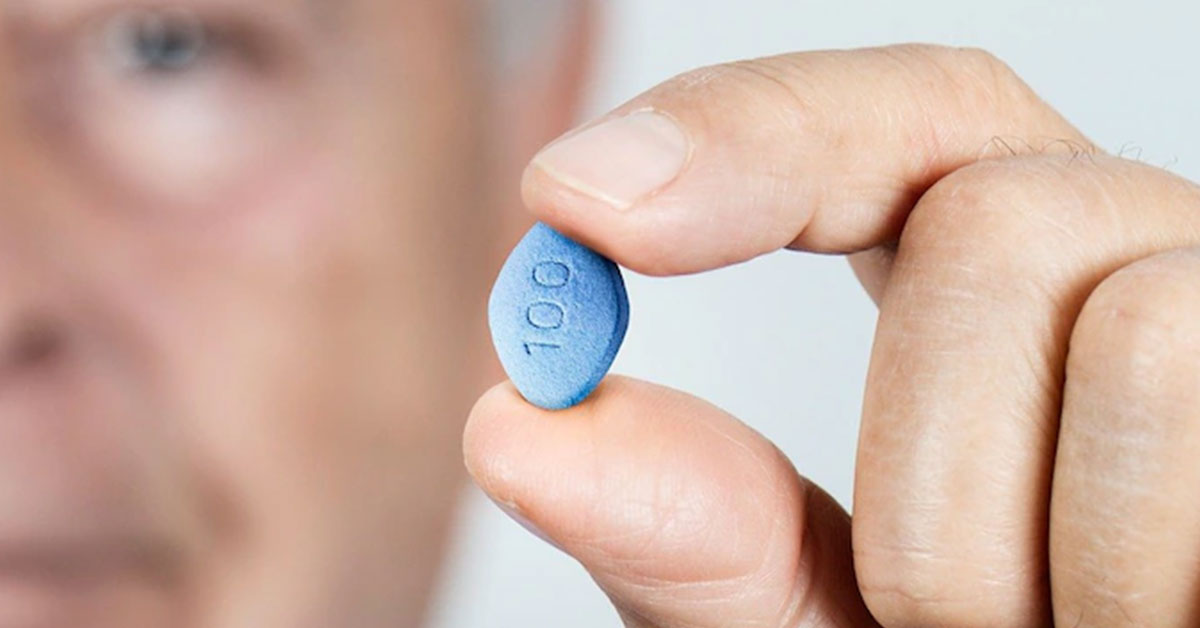Sexual dysfunction affects millions of people worldwide, impacting their quality of life and intimate relationships. The good news is that advancements in medicine and therapy have introduced a range of new treatments. This article delves into these innovative approaches, offering hope and solutions for those struggling with sexual dysfunction.
Understanding Sexual Dysfunction
Sexual dysfunction can manifest in various forms, including erectile dysfunction (ED), premature ejaculation, low libido, and difficulty achieving orgasm. It can result from physical, psychological, or a combination of factors. Recognizing the type and cause of sexual dysfunction is crucial for effective treatment.
New Medications for Sexual Dysfunction
PDE5 Inhibitors
Phosphodiesterase type 5 (PDE5) inhibitors are a class of drugs that have revolutionized the treatment of erectile dysfunction. Sildenafil (Viagra),tadalafil (Cialis), and vardenafil (Levitra) are well-known examples. These medications work by increasing blood flow to the penis, helping to achieve and maintain an erection.
Avanafil
Avanafil (Stendra) is a newer PDE5 inhibitor that acts faster than its predecessors. It can start working within 15 minutes, offering a more spontaneous approach to intimacy. Its shorter half-life also means fewer side effects, making it a popular choice for many men.
Topical Alprostadil
Topical alprostadil is an alternative for men who cannot take oral PDE5 inhibitors. Applied directly to the penis, this medication induces an erection by relaxing blood vessels and increasing blood flow. It offers a non-invasive option with minimal systemic side effects.
Bremelanotide
Bremelanotide (Vyleesi) is a novel treatment for premenopausal women experiencing hypoactive sexual desire disorder (HSDD). It is administered via an auto-injector and works by activating melanocortin receptors, enhancing sexual desire and arousal.
Innovative Therapies for Sexual Dysfunction
Shockwave Therapy
Low-intensity extracorporeal shockwave therapy (LI-ESWT) is a non-invasive treatment that uses acoustic waves to improve blood flow and promote the regeneration of penile tissue. This therapy has shown promise in treating erectile dysfunction, particularly in men who do not respond well to medication.
Platelet-Rich Plasma (PRP) Therapy
PRP therapy involves injecting concentrated platelets from the patient’s blood into the penile tissue. This promotes tissue regeneration and improves blood flow, potentially reversing erectile dysfunction. PRP therapy is also being explored for treating other forms of sexual dysfunction.
Pelvic Floor Physical Therapy
For both men and women, pelvic floor physical therapy can address sexual dysfunction caused by muscle weakness or tension. Therapists use exercises and biofeedback to strengthen pelvic muscles, improving sexual function and reducing pain during intercourse.
Cognitive Behavioral Therapy (CBT)
Psychological factors often play a significant role in sexual dysfunction. Cognitive Behavioral Therapy (CBT) helps individuals address negative thought patterns and behaviors contributing to their condition. This therapy is effective for treating anxiety-related sexual dysfunction, performance anxiety, and relationship issues.
Hormone Replacement Therapy (HRT)
Testosterone Replacement Therapy
Low testosterone levels can lead to decreased libido and erectile dysfunction in men. Testosterone replacement therapy (TRT) can restore hormone levels, improving sexual desire and performance. It is available in various forms, including injections, gels, and patches.
Estrogen and Progesterone Therapy
For women, hormonal imbalances during menopause can cause sexual dysfunction. Estrogen and progesterone therapy can alleviate symptoms like vaginal dryness, low libido, and discomfort during intercourse. Hormone therapy is tailored to individual needs, ensuring optimal results.
Lifestyle Changes and Natural Remedies
Diet and Exercise
A healthy lifestyle can significantly impact sexual function. Regular exercise improves cardiovascular health, boosting blood flow and stamina. A balanced diet rich in fruits, vegetables, whole grains, and lean proteins supports overall health and hormonal balance.
Stress Management
Chronic stress is a common contributor to sexual dysfunction. Techniques such as mindfulness, meditation, and yoga can reduce stress levels, improving sexual health. Ensuring adequate sleep and relaxation also plays a crucial role in maintaining sexual function.
Herbal Supplements
Certain herbal supplements, such as ginseng, maca root, and L-arginine, have shown potential in enhancing sexual function. While more research is needed, these natural remedies can be a complementary approach alongside conventional treatments.
Conclusion
The landscape of sexual dysfunction treatment is rapidly evolving, offering new hope for those affected. From cutting-edge medications like avanafil and bremelanotide to innovative therapies such as shockwave and PRP therapy, there are more options than ever to restore sexual health. Additionally, lifestyle changes and psychological therapies play a vital role in comprehensive treatment plans. By staying informed about these advancements, individuals can seek the most effective solutions tailored to their unique needs, reclaiming their sexual well-being and improving their overall quality of life.










